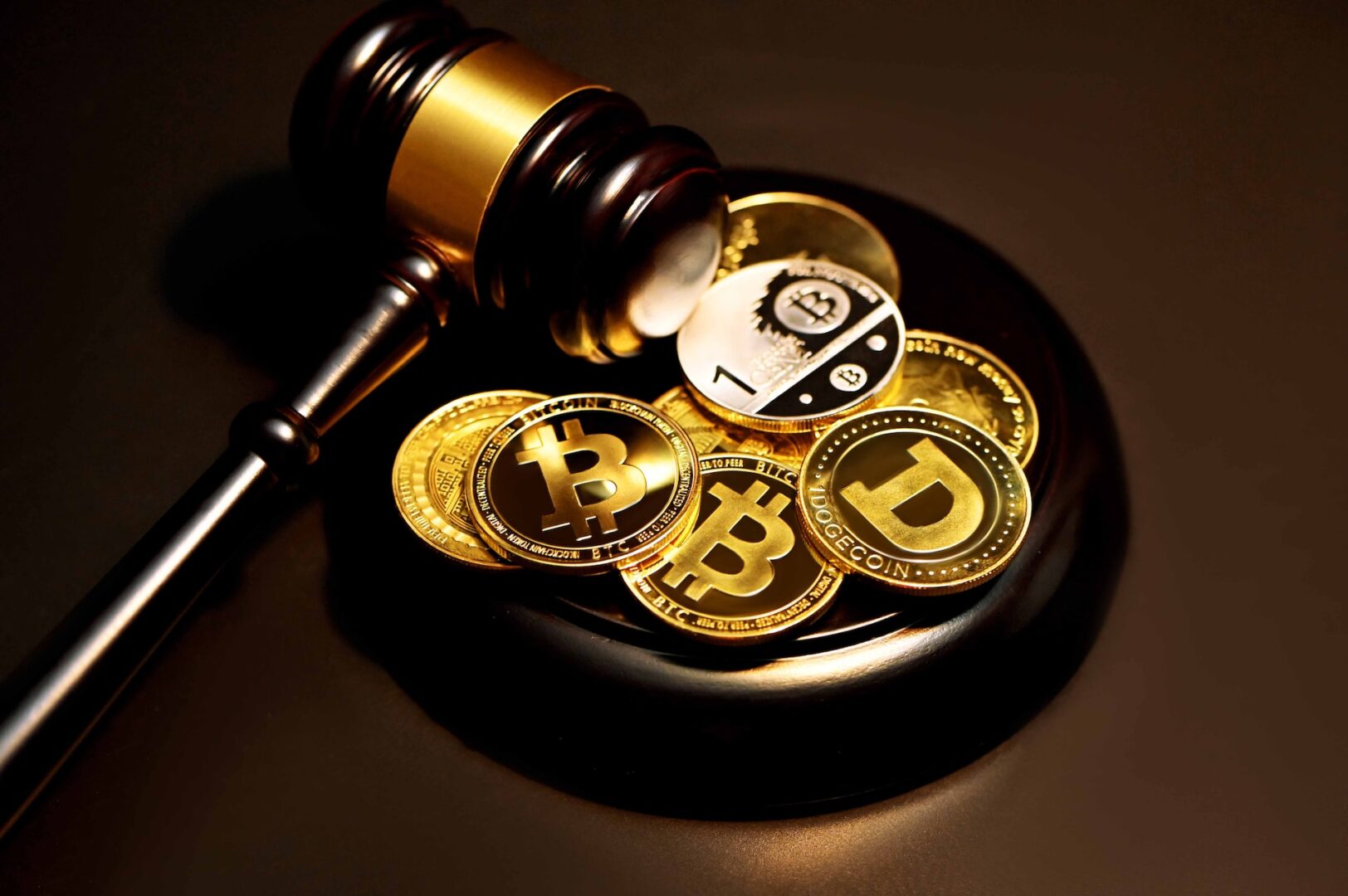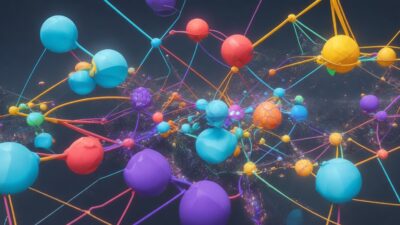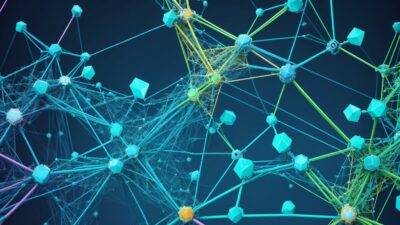DAOs and Legal Regulation: Key Aspects and Challenges

Introduction
Decentralized Autonomous Organizations (DAOs) represent a new form of governance and coordination based on blockchain technologies and smart contracts. However, the regulation of DAOs and the legal aspects of their functioning remain complex and controversial issues. In this article, we will examine the main aspects and problems of DAO regulation and try to analyze possible paths for the development of legislation in this area.
Legal Status of DAOs
One of the key issues related to DAOs is the determination of their legal status. Depending on the legislation of different countries, DAOs can be classified as companies, partnerships, cooperatives, or even non-profit organizations. However, such a variety of approaches can cause problems in determining jurisdiction and the liability of DAO participants.
Regulation of Smart Contracts
Smart contracts are the basis of DAO functioning, and their legal regulation also raises a number of questions. The main problems concern the recognition of smart contracts as legally binding, determining their status in case of disputes, and the application of consumer and investor protection laws.
Liability of DAO Participants
Determining the liability of DAO participants is also a complex issue. Typically, DAO participants act anonymously, and the organization itself does not have centralized management. Liability issues may arise in cases of fraud, wrongful actions, or non-compliance with legislation.
Regulation of Tokens and Investments
Many DAOs issue their own tokens, which can be used for investments or participation in the organization’s management. The regulation of such tokens may involve issues related to their classification (e.g., as securities or commodities), transparency and disclosure of information, and compliance with anti-money laundering and counter-terrorism financing requirements.
Protection of User and Investor Rights
Protecting the rights of users and investors participating in DAOs is another important aspect of regulation. Legislation should provide an appropriate level of protection, for example, against fraud, wrongful actions, and insolvency, as well as the right to access information about DAO activities.
Tax Regulation
Tax regulation of DAOs can also cause difficulties due to the anonymity of participants and the lack of centralized control. Possible approaches to tax regulation include determining the location of the DAO, using smart contracts to automate tax processes, and cooperation between tax authorities of different countries.
International Cooperation and Harmonization of Legislation
Given the global nature of blockchain technologies and cross-jurisdictional interaction of DAOs, it is important to cooperate at the international level and strive for harmonization of legislation. Such cooperation may include the exchange of experience, coordination of regulatory measures, and the creation of common standards and principles.
Conclusion
The regulation of DAOs and the legal aspects of their functioning remain some of the most complex and debated issues in the field of blockchain technologies. It is necessary to continue studying and analyzing possible approaches to regulation, taking into account the diversity of national legislations and the specific features of DAO activities. Only cooperation between states, experts, and market participants will allow for a balanced and effective regulatory approach that supports innovation and protects the rights of users and investors.




